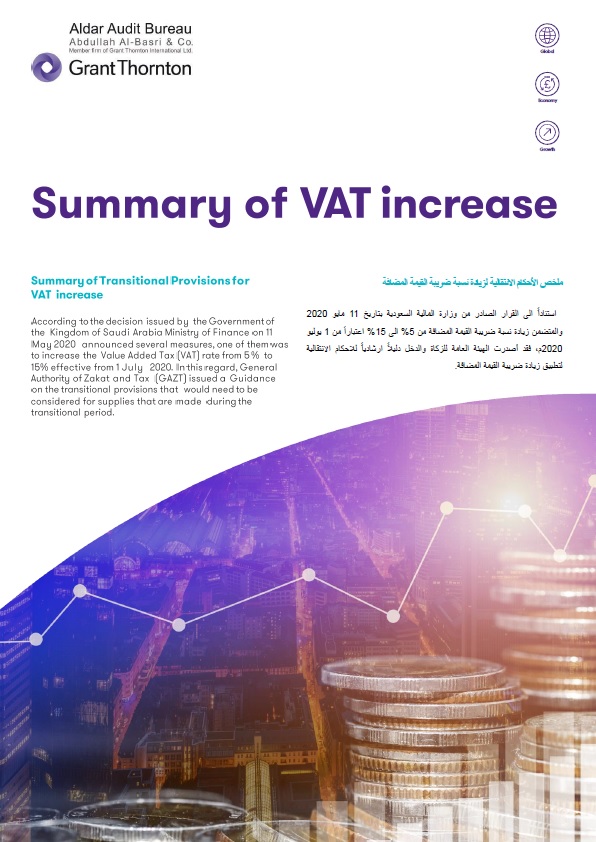Blog
From Startups to Unicorns: How Saudi Arabia is Creating the Next Generation of Global Companies
Saudi Arabia is rapidly emerging as a powerhouse in the global startup ecosystem, fostering innovation and entrepreneurship to build the next generation of billion-dollar companies. With a strategic vision, robust economic reforms, and increasing investment in technology and infrastructure, the Kingdom is positioning itself as a leading hub for startups aspiring to scale into unicorns.




